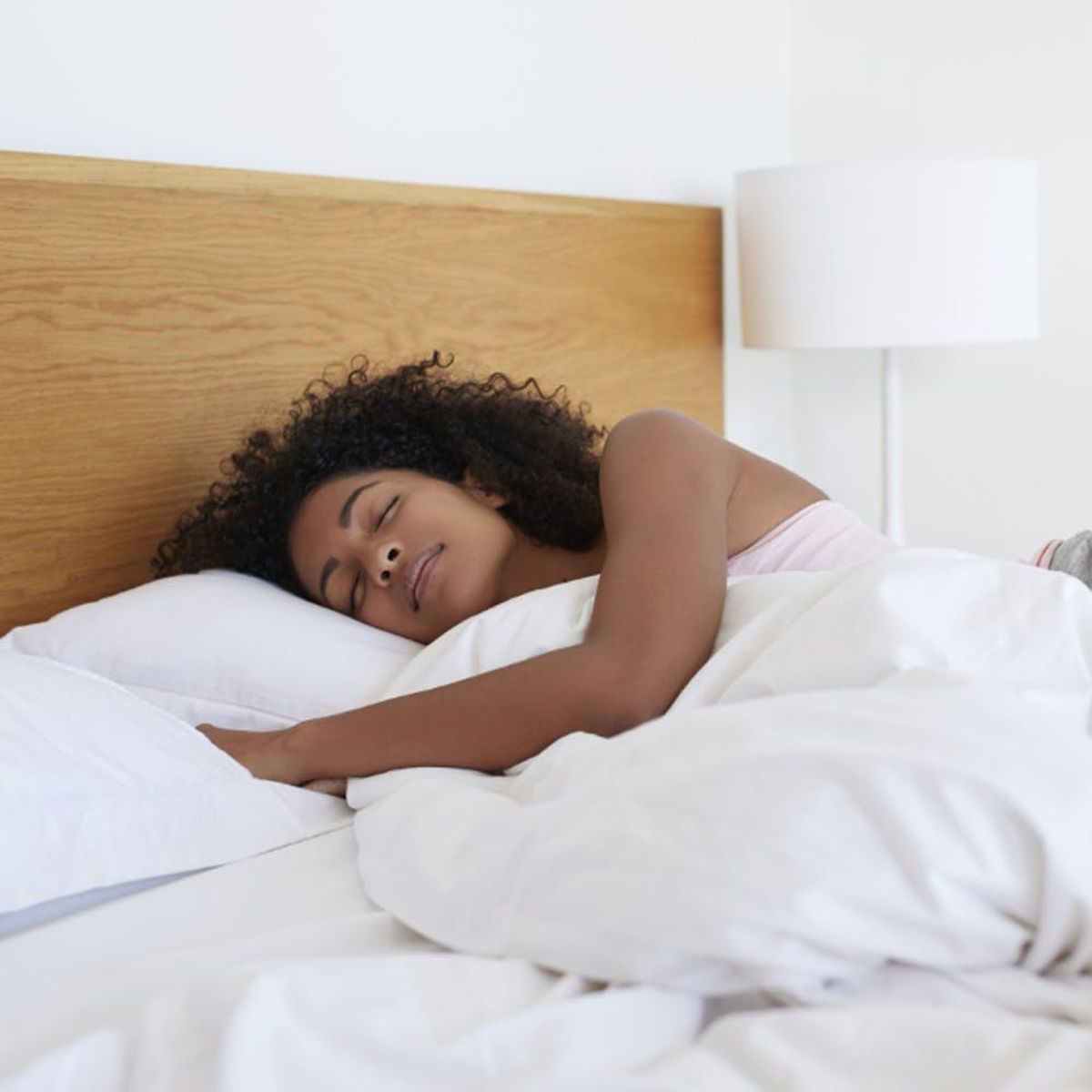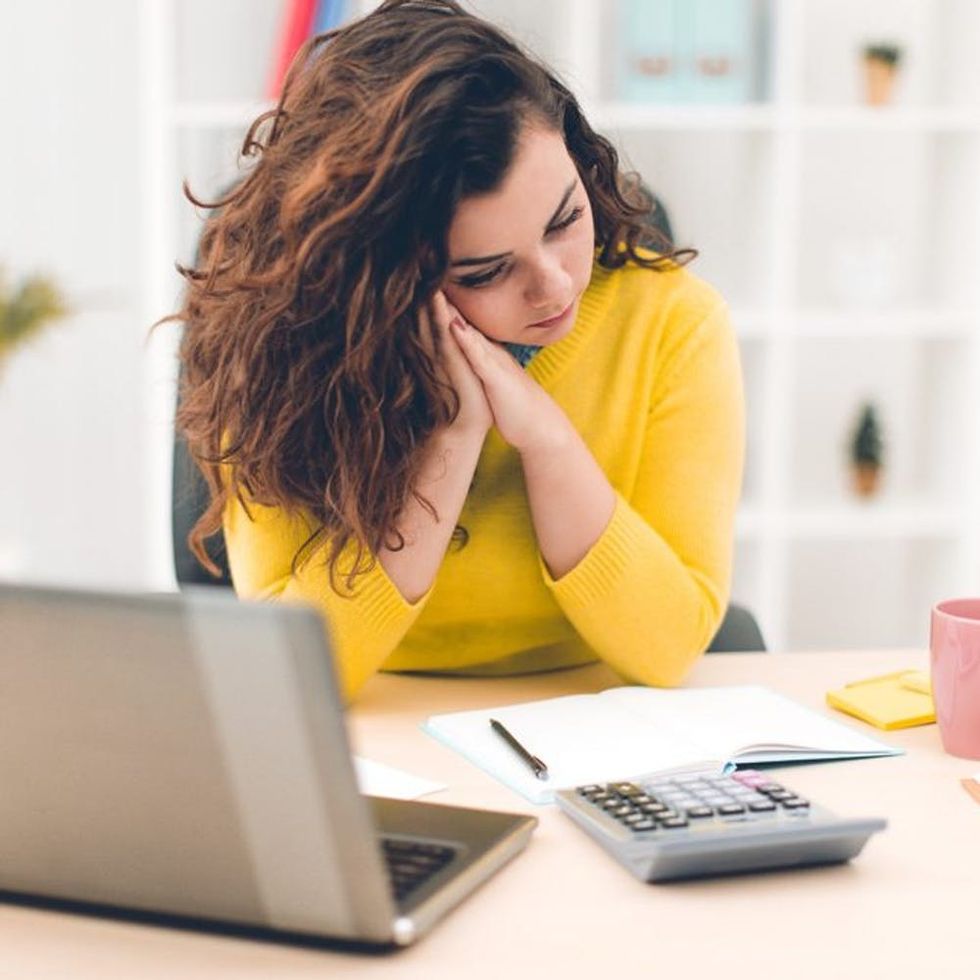Women Are Way More Tired Than Men, Says Science

If you’re a woman and you find yourself feeling exhausted during the day, having trouble sleeping, and feeling depressed, it’s not just in your head, and you’re not alone. Though both men and women can suffer from sleeping troubles. a new study has found that women are much more likely than men to have problems sleeping at night, resulting in excessive daytime sleepiness, and severe depression symptoms.

The study, which published earlier this month in the Journal of Clinical Sleep Medicine, examined the records of 744 sleep patients in Australia who had received treatment between 2013 and 2015. While men’s day to day lives were definitely impeded due to sleep troubles, women were found to have a significantly harder time during their daily lives as a result of being tired. The study states that as a result of these sleeping problems, depression, and tiredness (which are huge burdens to cope with on their own!), women are likely to become forgetful and have a hard time concentrating.
It’s easy to see how all of this could quickly spiral. Being tired all the time while balancing any combination of work, school, friendships, kids, and romantic partners is going to be especially challenging, especially if you can’t concentrate at work or have a hard time remembering important things around the house.
Being depressed and tired at the same time can also be a really tricky combination. If a person feels exhausted all the time, it’s possible they may not feel motivated to get their depression checked out by a doctor, or do small activities like exercise or fun activities to give themselves a boost.

Dr. Rajkumar Dasgupta, Assistant Professor of Clinical Medicine at Keck School of Medicine at the University of Southern California (who was not involved with the new study), tells us the study is really important for better understanding women’s health. He also tells us there are a few different things that might make women more likely to have sleep problems.
He tells us that estrogen and progestin may work to regulate sleep, though doctors aren’t totally sure how. But because these hormones fluctuate regularly throughout each month, it could be making sleep difficult for menstruating women. Pregnancy can also have a huge impact on how well women sleep: morning sickness can exhaust women and also bring about insomnia, Dasgupta tells us. Not to mention the fact that women are limited in the positions they can sleep in while pregnant.
Restless leg syndrome could also be a big cause here. Dr. Dasgupta says that both pregnancy and anemia (which disproportionately effects women over men) can cause restless leg syndrome, a common syndrome that can keep people up at night.
The good news for women who are struggling with these issues is that doctors will now have more insight for when they assess and treat female sleep patients. In the press release, the study’s authors said that knowing these major differences between women and men who have sleep problems means treatments can be tailored to fit the specific needs of patients.
In the meantime, Dasgupta says that to get better sleep, women should set a consistent bedtime, avoid screens when they’re in bed, and avoid alcohol and large meals before bedtime. It’s also always a good idea to consult with your doctor or even see a sleep specialist if you can’t seem to resolve things on your own.
Are you extra tired during the day and have trouble sleeping at night? Tell us about it on Twitter @BritandCo.
(Photos via Getty)


















